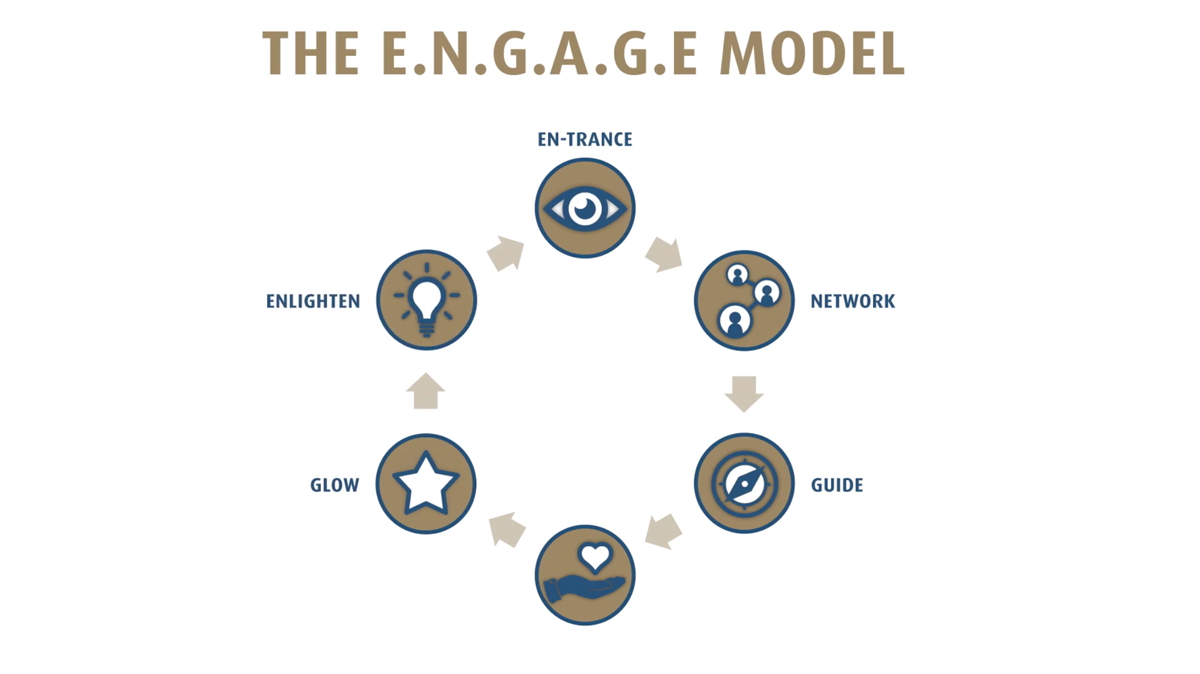Why Feedback is Important in the Workplace
Posted By Duncan Fish on October 9, 2019

The best people I’ve ever worked for or with are those that not only are trying to bring out the best in themselves, but that are actively working to bring out the best in others. One crucial part of both of those (becoming your best and leading others to being their best) is feedback.
Feedback in the workplace is vital. If you’re a manager or leader in your office, it’s your role to pass on your observations (kindly) about others’ strengths and development area via feedback. Similarly, any smart leader will take feedback from others on their own opportunities to improve.
And if you think that your employees don’t want your feedback, you’d be wrong. A PwC study found that nearly 60 percent of employees would prefer to receive feedback on a weekly or even daily basis, and that percentage increases for employees under the age of 30, to 72 percent.
The impact of all this feedback is substantial. Those who receive feedback are able to calibrate their behaviour in the absence of hard metrics and become more engaged with their workplace.
If you would like a self-assessment on your skills, read here. Other than giving feedback, find out if you have these critical traits of a great leader, check out this blog.



